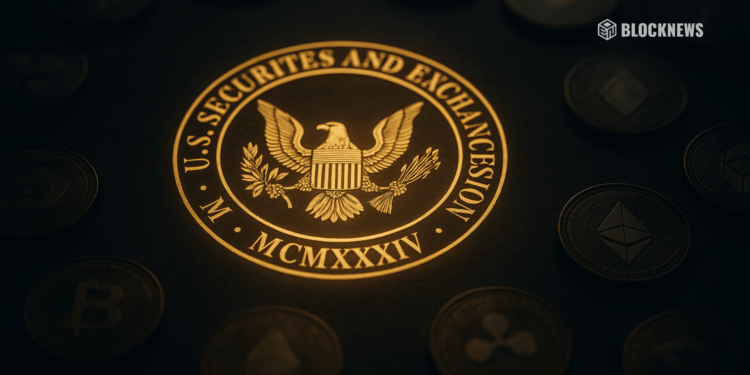- The SEC will host a major crypto privacy roundtable on December 15.
- Recent Tornado Cash and Samourai Wallet prosecutions have raised fears about developer liability.
- DOJ says writing code is not a crime, but the industry still feels regulatory pressure.
The U.S. Securities and Exchange Commission’s Crypto Task Force is preparing for a major roundtable on December 15, putting privacy and financial surveillance at the center of the discussion. While no formal policy proposals will be introduced, the event brings crypto executives and SEC officials together at a moment when privacy in crypto has become one of the most controversial topics in the industry.

The meeting arrives amid a wave of high-profile legal actions — from Tornado Cash developer Roman Storm’s partial guilty verdict to the Samourai Wallet sentencing — that have reignited fears about how the U.S. treats privacy-preserving software.
Why Privacy Is Back in the Spotlight
Privacy is core to crypto’s cypherpunk foundations, but recent government enforcement actions have raised alarm for developers, advocates, and investors.
Naomi Brockwell of the Ludlow Institute captured the prevailing sentiment:
“Authoritarians thrive when people have no privacy. When those in charge start being hostile to privacy protections, it is a major red flag.”
The dramatic rise of privacy coins — which rallied more than 80% in recent months — shows that users are increasingly fleeing visibility for anonymity.

Legal Cases Have Shaken the Industry
The Tornado Cash and Samourai Wallet cases have stirred deep concerns about whether open-source developers can be criminalized simply for writing privacy-focused code.
Critics argue these prosecutions could set a chilling precedent. Journalist and privacy advocate Lola Leetz compared the logic to blaming Toyota for crimes committed using its vehicles:
“People should not be held accountable for what other people do with the tools they build.”
The DOJ attempted to calm fears in August, clarifying that “merely writing code, without ill intent, is not a crime,” and pledging not to use indictments as a regulatory weapon. But developers remain cautious, knowing that precedent can shift quickly.
A Turning Point for Privacy in the U.S.?
With the SEC now hosting a dedicated privacy roundtable, the debate is moving out of courtrooms and into regulatory halls. While no immediate rulemaking is expected, the event signals that privacy — long pushed to the margins — has officially entered mainstream policy conversations.
The move comes as privacy tools gain traction globally and as U.S. regulators face pressure to draw clearer lines between legitimate financial privacy and illicit activity.














